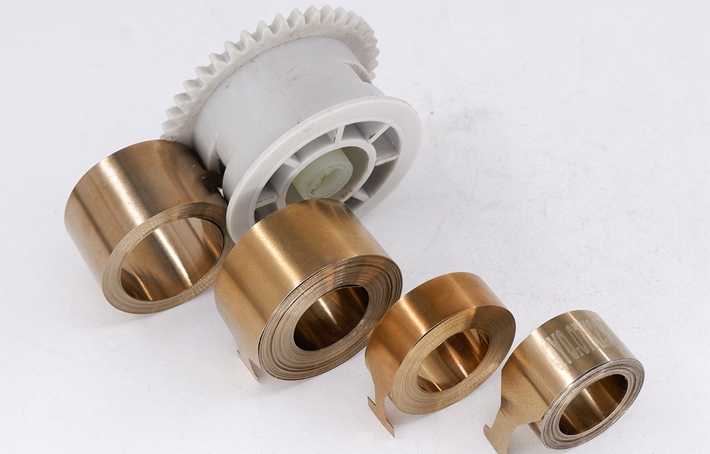
Torsion springs play a crucial role in many mechanical systems, providing the necessary force for rotational motion. Among the various types of torsion springs, the constant force torsion spring stands out for its ability to deliver smooth and continuous motion. In this article, we will delve into the mechanics and applications of the constant force torsion spring, revealing the secret behind its superior performance.
A torsion spring is essentially a tightly wound helical spring that exerts a torque or rotational force when twisted. Unlike other types of springs, which provide linear force, a torsion spring\’s action is rotational. It stores and releases energy as it is twisted, making it ideal for applications that require rotational force, such as in door hinges, automotive components, and various industrial machinery.
The constant force torsion spring is designed to exert a uniform and consistent torque throughout its range of motion. This means that no matter how much the spring is twisted, it will provide a constant force, ensuring seamless and uninterrupted motion. This unique characteristic sets it apart from other torsion springs, which may exhibit varying force levels as they are twisted.

The secret behind the constant force torsion spring lies in its construction. It is typically made from a long strip of flat spring material, such as stainless steel or high-carbon steel. This strip is tightly wound into a coil, with the free ends secured to a central arbor or mandrel. The key to achieving constant force lies in the careful arrangement of the spring material.
The strip is engineered in a way that one side is wound more tightly than the other. This creates a torque imbalance, causing the spring to exert a consistent force as it is twisted. The tighter side of the coil experiences a greater resistance to twisting, resulting in a higher torque output. This design effectively counteracts the natural tendency of a torsion spring to decrease its force as it is twisted.
The constant force torsion spring finds application in various industries where a constant and precise rotational force is required. One common application is in the opening and closing mechanisms of garage doors. The constant force provided by the torsion spring ensures the smooth and controlled movement of the door, eliminating jerky or uneven operation.

Another significant application is in the automotive industry, particularly in throttle control mechanisms. The constant force torsion spring ensures consistent and reliable throttle operation, allowing for smooth acceleration and deceleration. Its use in this application enhances the overall driving experience while maintaining optimum vehicle performance.
In the realm of industrial machinery, the constant force torsion spring finds its place in conveyor systems, where it provides the necessary torque for smooth and continuous material handling. By delivering a constant force, it ensures that the materials are transported evenly and efficiently, reducing the risk of jams or disruptions in the production process.
In conclusion, the constant force torsion spring is a unique and versatile component that enables smooth and continuous motion in various mechanical systems. Its ability to exert a uniform torque throughout its range of motion sets it apart from other torsion springs. By carefully engineering its construction, the constant force torsion spring ensures consistent force delivery, resulting in enhanced performance and reliability. Whether in garage doors, automotive throttle control, or industrial machinery, the constant force torsion spring proves to be an indispensable element in achieving seamless and uninterrupted motion.
핸드폰
이메일
왓츠앱